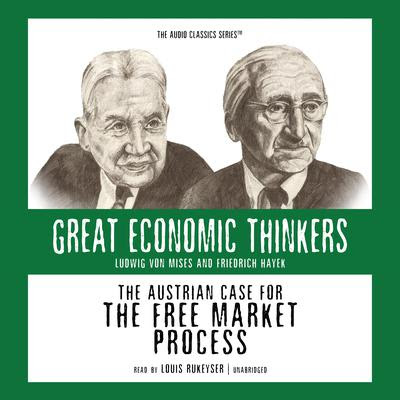Disclaimer: I am writing here as a philosopher and as a historian, not as a psychologist. That is, I freely admit that I am not an “expert” in psychology, although I do have some minimal exposure to the subject. My intent here is only to show how psychology fits into the broader history of philosophy, by talking about how psychology became a separate discipline in the last two centuries.
Psychology has long been one of the most popular majors in the United States. By some measurements, it is second only to business in its popularity among college students. And it’s easy to see why the subject is so popular. It has a strong human interest element, and helps you to understand all kinds of human behavior. Classes focused on psychological disorders are often so popular that there are waitlists to get into them. Many want to enter the mental health professions, and use their training to help people in the most personal way. And it has long drawn students interested in the scientific side of things, who want to do research – or, at least, to benefit from the prior research of others. But psychology as we know it has only been around since 1879, when Wilhelm Wundt’s Laboratory was founded in Leipzig. And the discipline has many predecessors from back in antiquity, in various attempts to make a distinction between the mind and the body.
Wilhelm Wundt

























